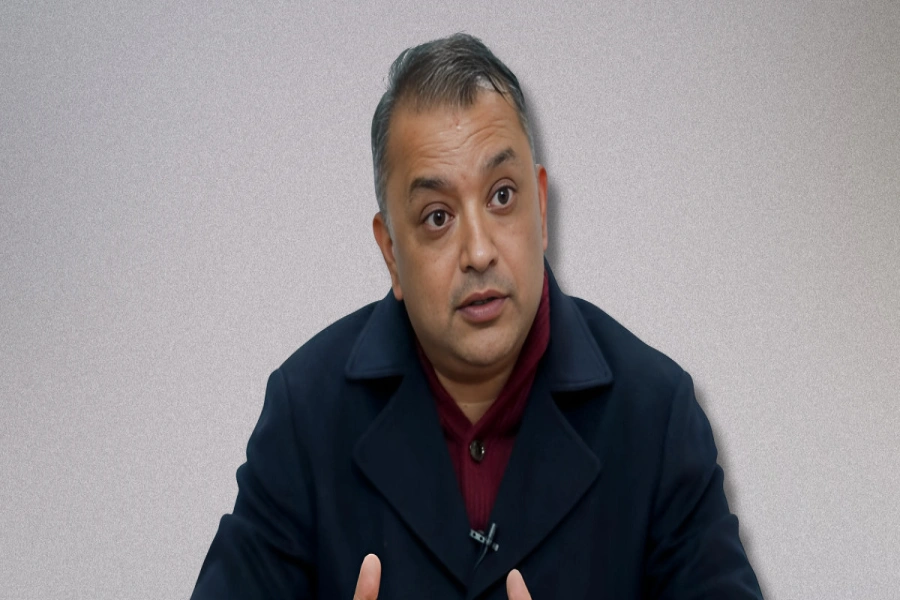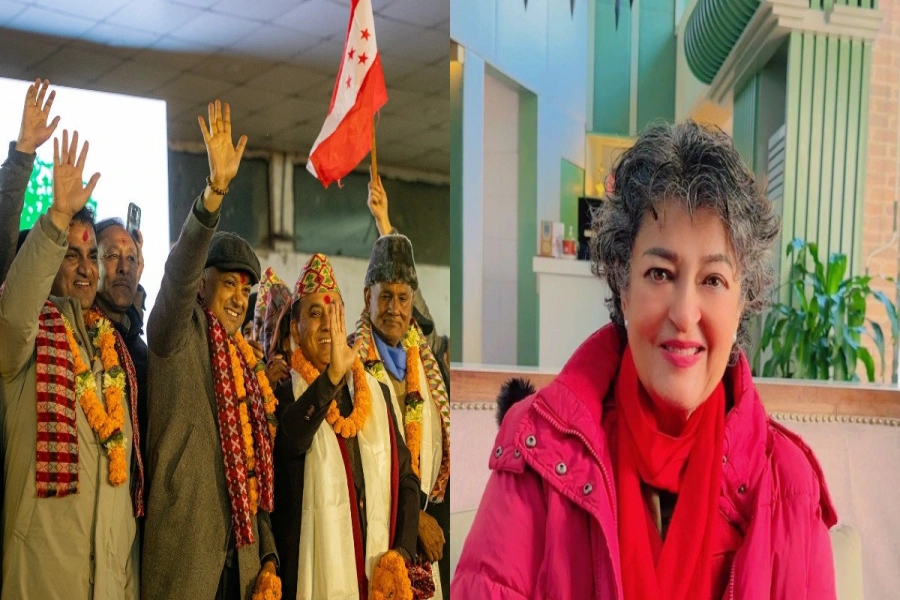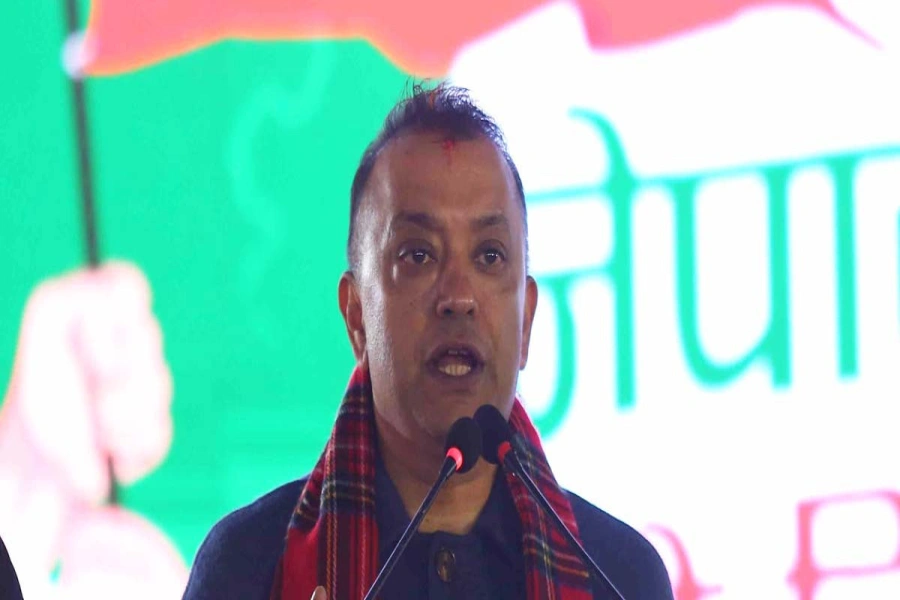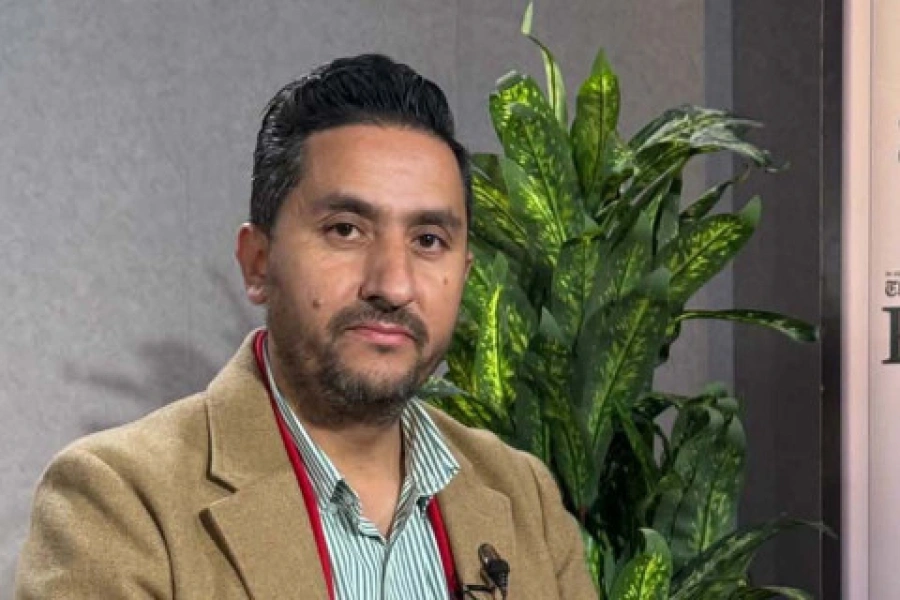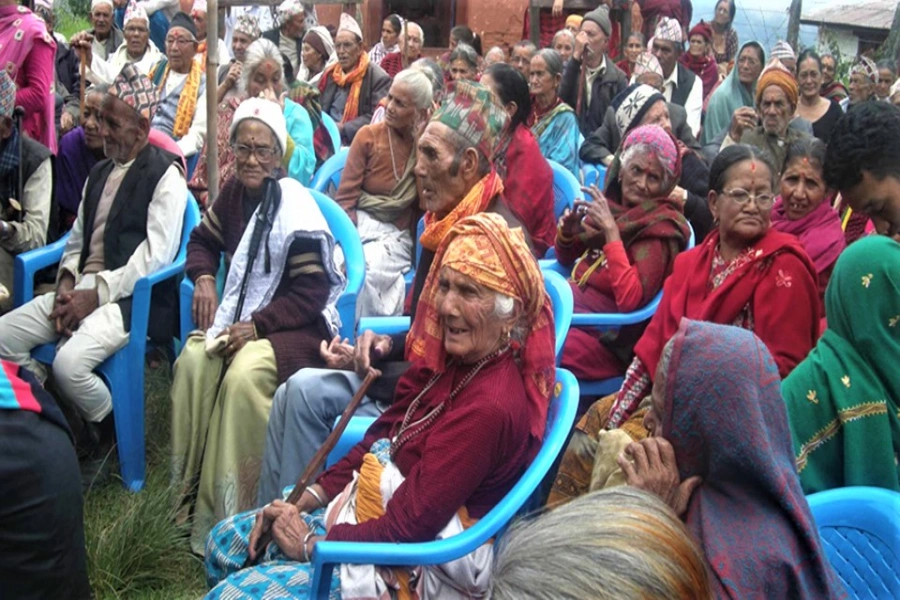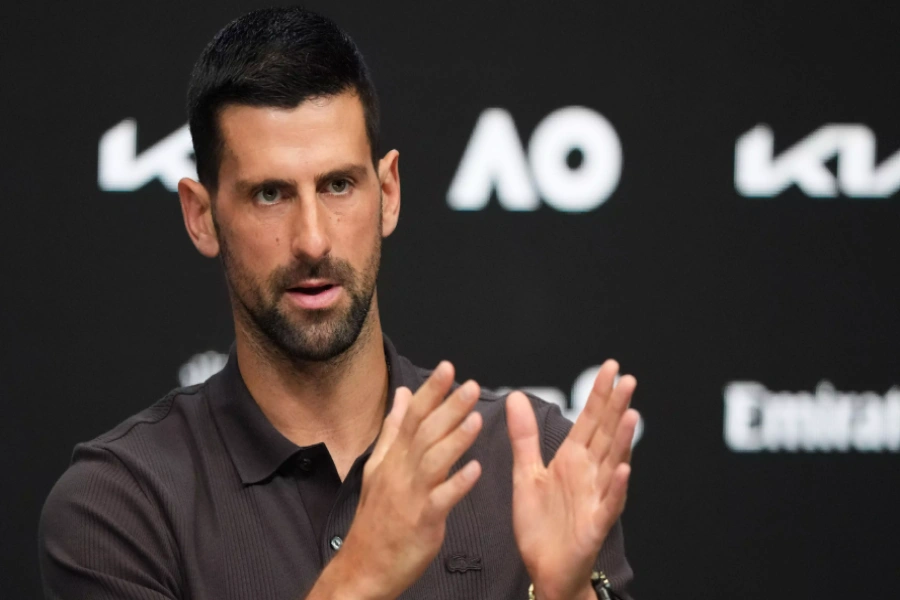Apart from Thamel and Freak Street in Kathmandu, Lakeside in Pokhara also houses several chic and modern tattoo parlors where people from all over the world come and get inked. But with a parlor at every corner, many tattoo artists say that it’s difficult to stay relevant and sustain their businesses.
However, Bimal Bhujel, a tattoo artist based in Lakeside, Pokhara, begs to differ. According to him, as long as what you’re offering is an ode to your culture and artistry mixed with the client’s preference, you can stay on top of your game in spite of the cut-throat competition out there.
Bhujel was born in Singapore, where his dad worked as a policeman, and came to Nepal when he was around 12 years old. Now that he’s an adult, he still doesn’t feel the need to shift to any other place, for instance, the capital Kathmandu, as he believes his profession is well suited for right where he is.
As a teenager, Bhujel was bitten by the heavy metal bug which in turn introduced him to tattoos. “I was an avid listener of anything heavy metal. I listened to bands like Slayer, Metallica, and others,” he reveals. As tattoos were (and still is) an important part of self-expression among heavy metal artists, he found them to be extremely “cool” and inspiring.
Heart to Heart with Malvika

And so, during his SLC break, with the help of his sister, he got hold of a tattooing kit and started making tattoos as a hobby. Not that his parents were totally accepting of his new-found hobby, Bhujel still managed to practice, thanks to his friends who were willing to get inked by him.
Since his childhood days, Bhujel had had a knack for drawing and so he instantly felt comfortable embracing this new medium through which he could express his creativity. However, considering all that comes with tattoo-making, just being good at drawing wasn’t enough. “All sorts of matters come into play while making a really good tattoo—the complexity of the tattoo itself, the skill of the tattoo artist and how they handle the machine are really important,” he explains.
Therefore, he took up an internship at a tattoo-parlor called “X-head Tattoos” in order to further hone his skill as a tattoo artist. Bhujel worked there for little less than a year, learning all that he could about the tattoo business and took another year to sit at home and practice his tattoo-making skills.
Finally, in July 2013, Bhujel set up a small tattoo-parlor called “Tranquil Tattoo” with simple and standard kits. And though his parlor was far away from the hustle and bustle of Lakeside, tattoo enthusiasts still managed to frequent his little shop. “The business did surprisingly well and eventually I was able to move my place to Lakeside where I was able to expand my customer base,” he says.
However, making tattoos as a hobby and doing it as a profession has its fair share of differences. And no one knows it better than Bhujel. “While tattooing as a hobby, I was an artist exercising my creative freedom, but when it became professional, I was also a businessman and had to handle the matters of finance, profits, and whatnot. That’s where I struggled the most,” he reveals.
When asked how he finds balance in exercising his creative license all the while adhering to the demands of the clients, Bhujel claims he has been lucky to find clients who allow his creative flow to merge with their ideas without restricting him in any way.
First up, Bhujel meets a client to discuss what he/she has in mind about the tattoo he/she wants to get. After that, he incorporates the idea into his own drawings which he then shows to the client. “After making a few changes here and there, we get ready to have it inked,” he says.
Bhujel is very particular about his style of tattooing. He is a passionate advocate of incorporating typical Nepali cultural designs, patterns and ideas into his tattoos. “Like most other things, tattoos also haven’t been able to escape the wave of westernization. Sure it has its pros, but why opt for the same, overdone tattoo ideas when one could have something totally unique?” he says.
On his Instagram page (@bimal_tranquil) you can see that most of his works are reflective of the Nepali culture. From classic Malla period architecture to detailed portraits of Hindu and Buddhist gods, Bhujel is all about promoting the Nepali culture. “There is this charm about the traditional art that goes so well with tattoos. Be it the flow of the tattoo in relation to the curves of the body or the attention to detail, I’m smitten by it,” he claims.
Bhujel also finds the time to get back to pen and paper once in a while. This, he says, is necessary to maintain one’s skills as an artist. Bhujel is seven years into his profession and he says his passion for tattoo making and art, in general, hasn’t lessened one bit. He even goes as far as to claim that he finds the inspiration to further delve into the world of tattoos every single day. “But I’m not saying it’s easy—it’s a fluid, demanding and a tough profession. But the challenges are exactly what make it so interesting,” he concludes.







